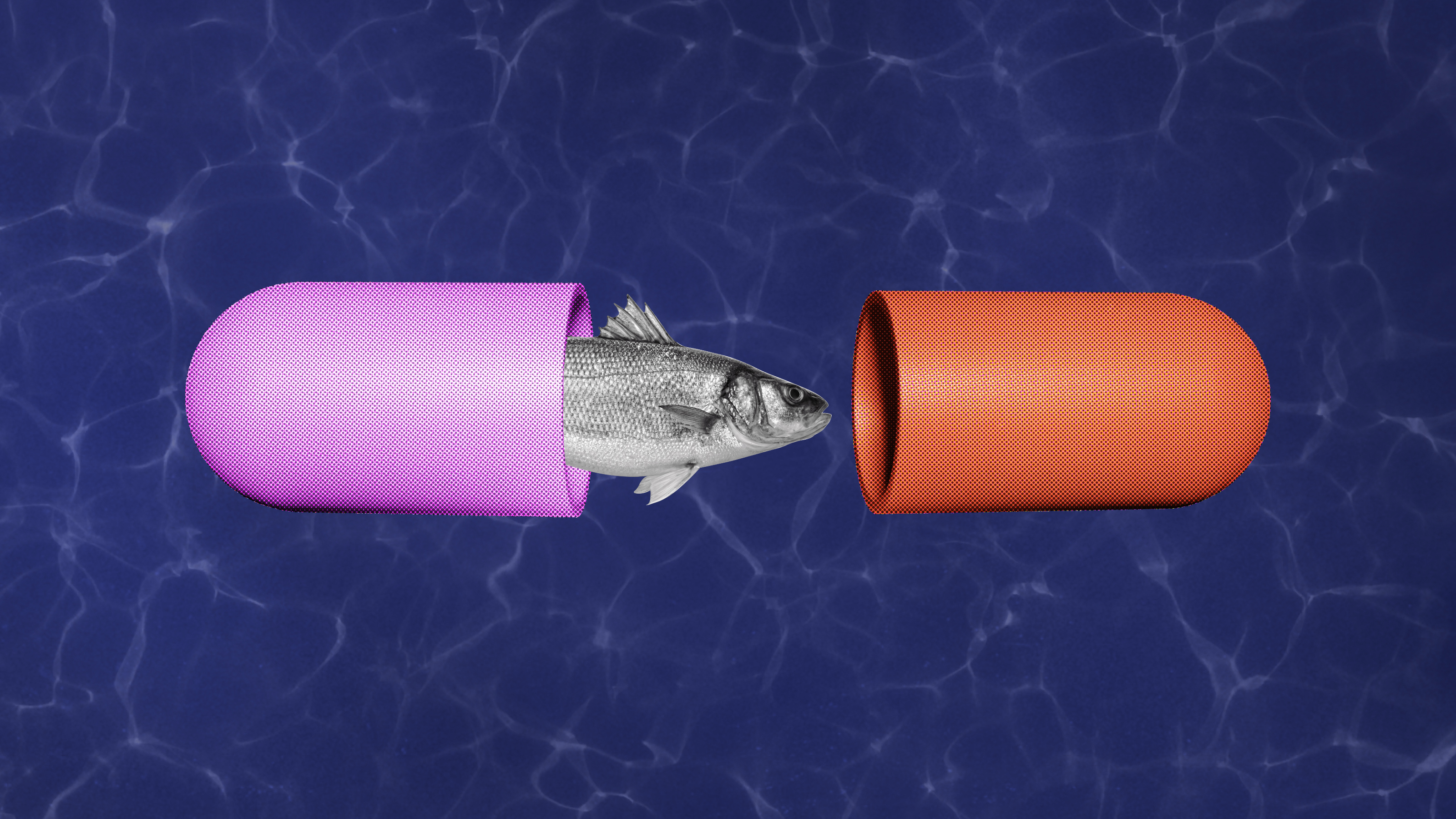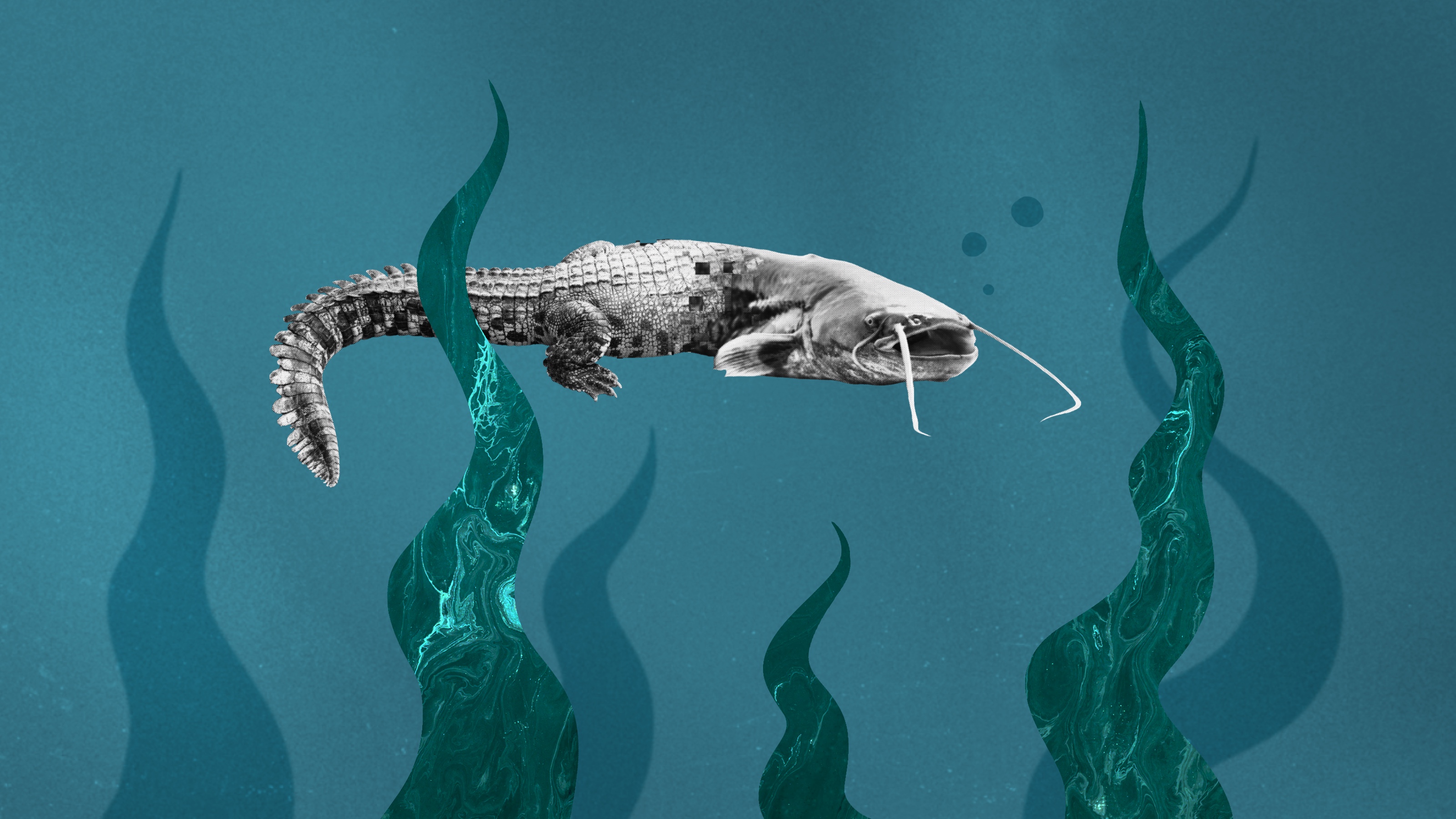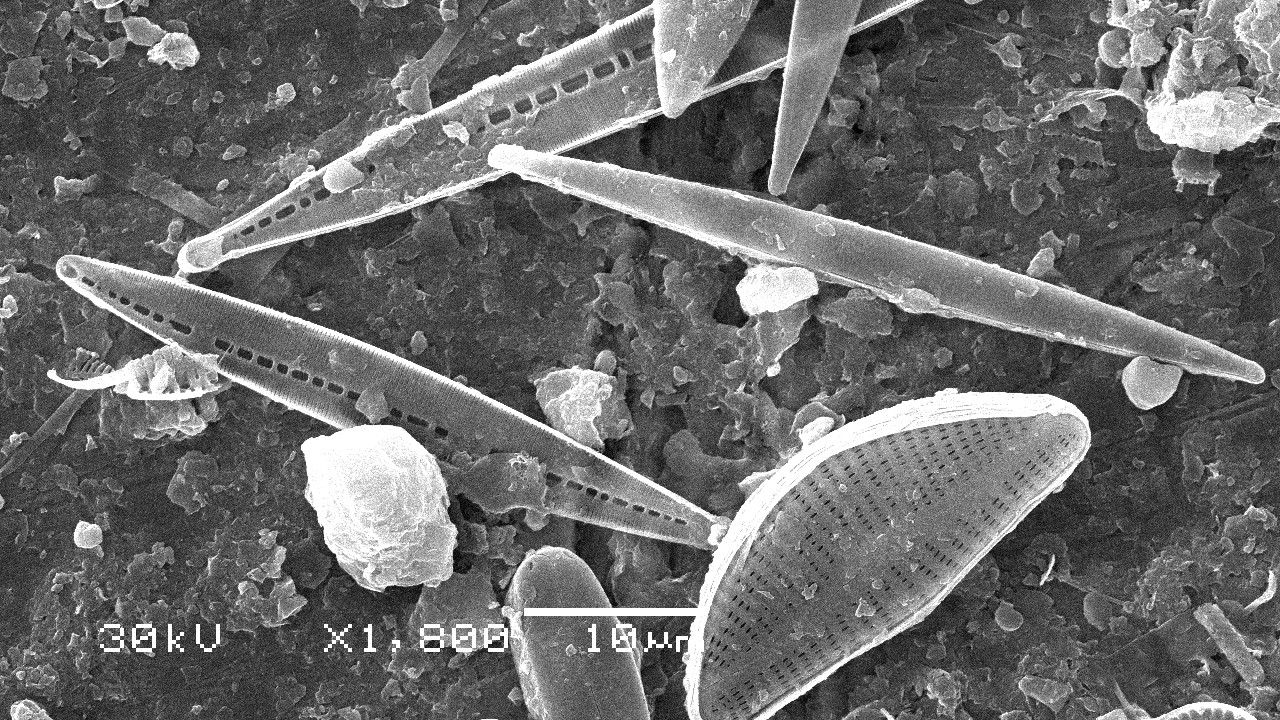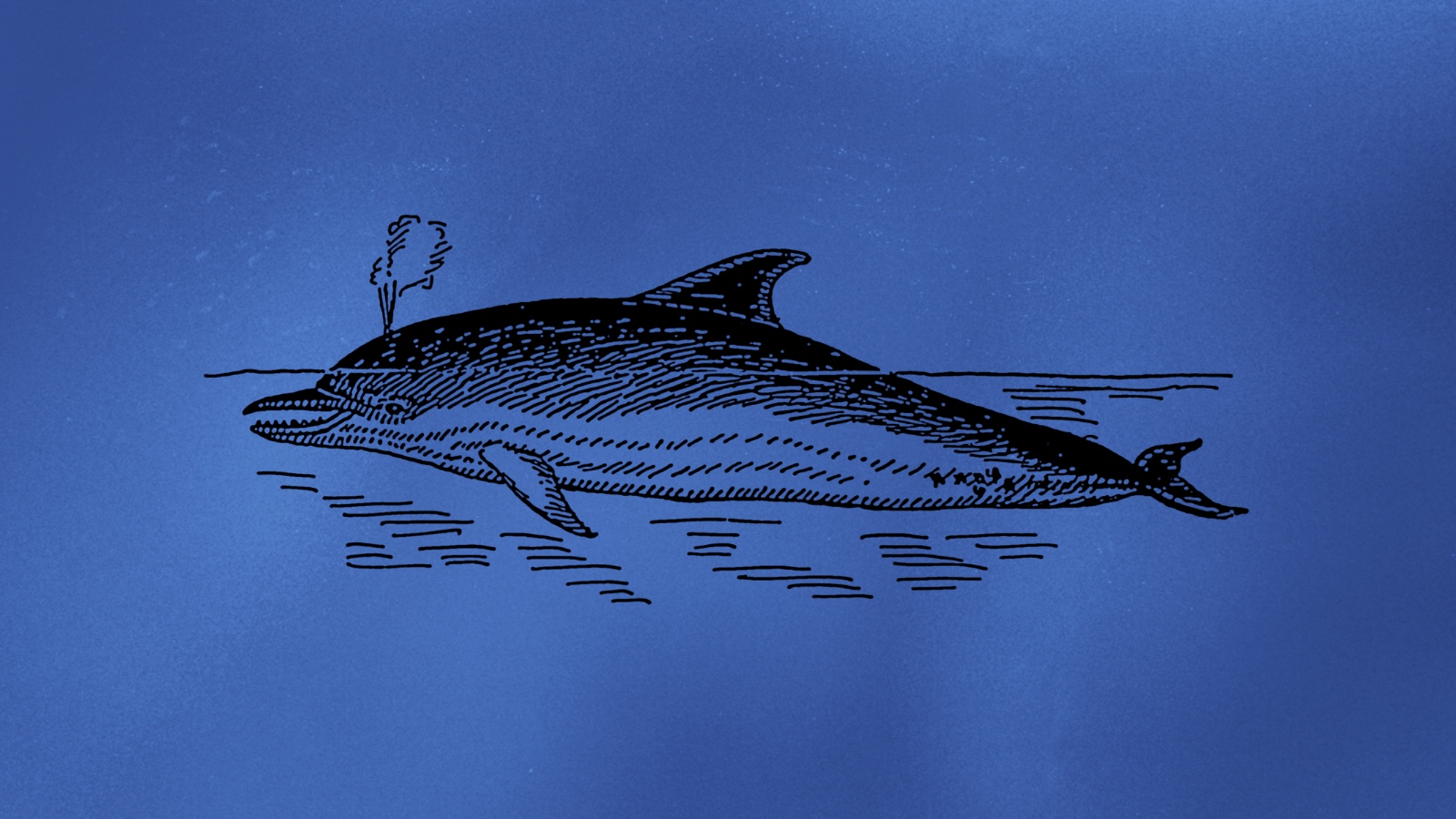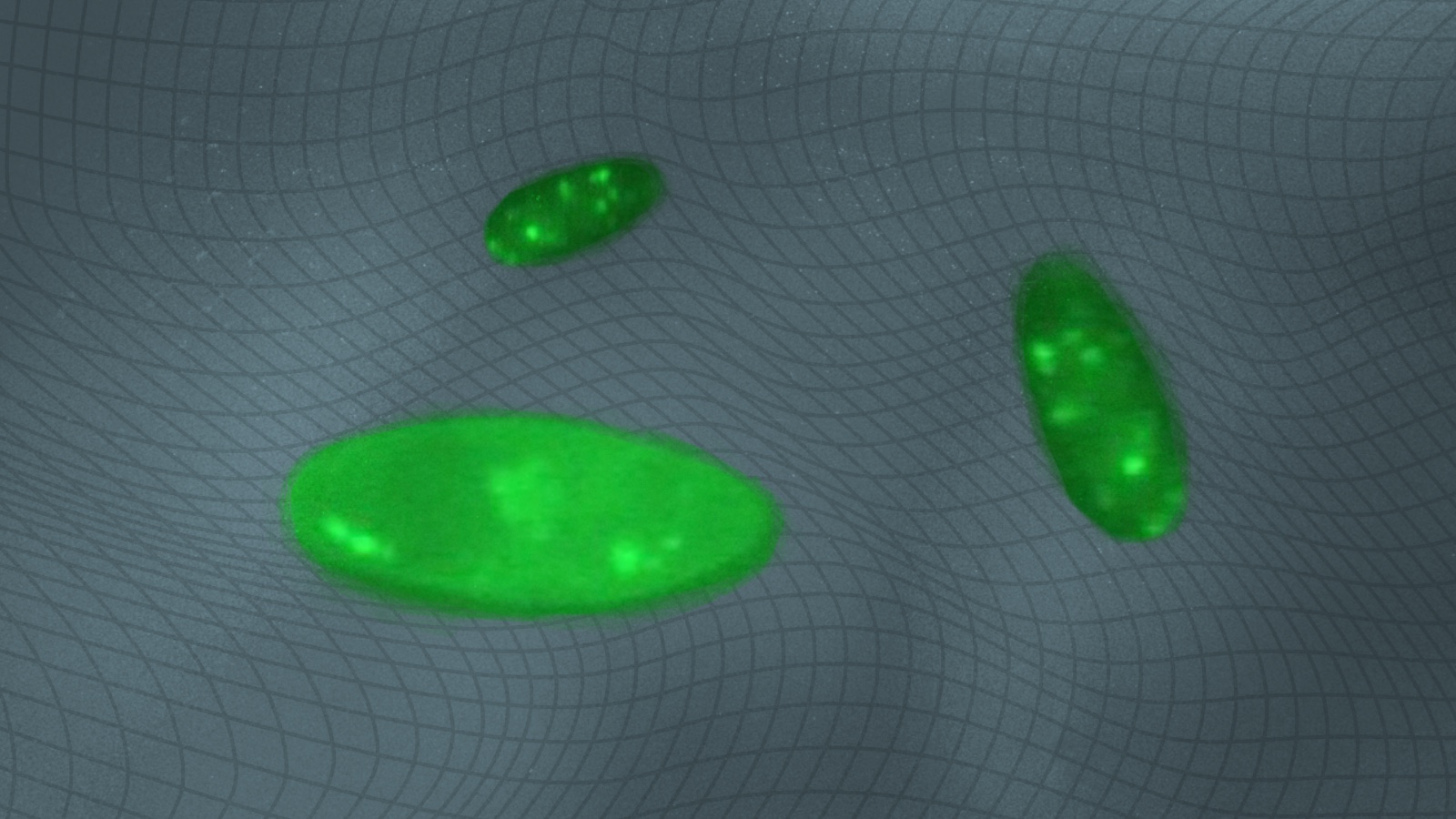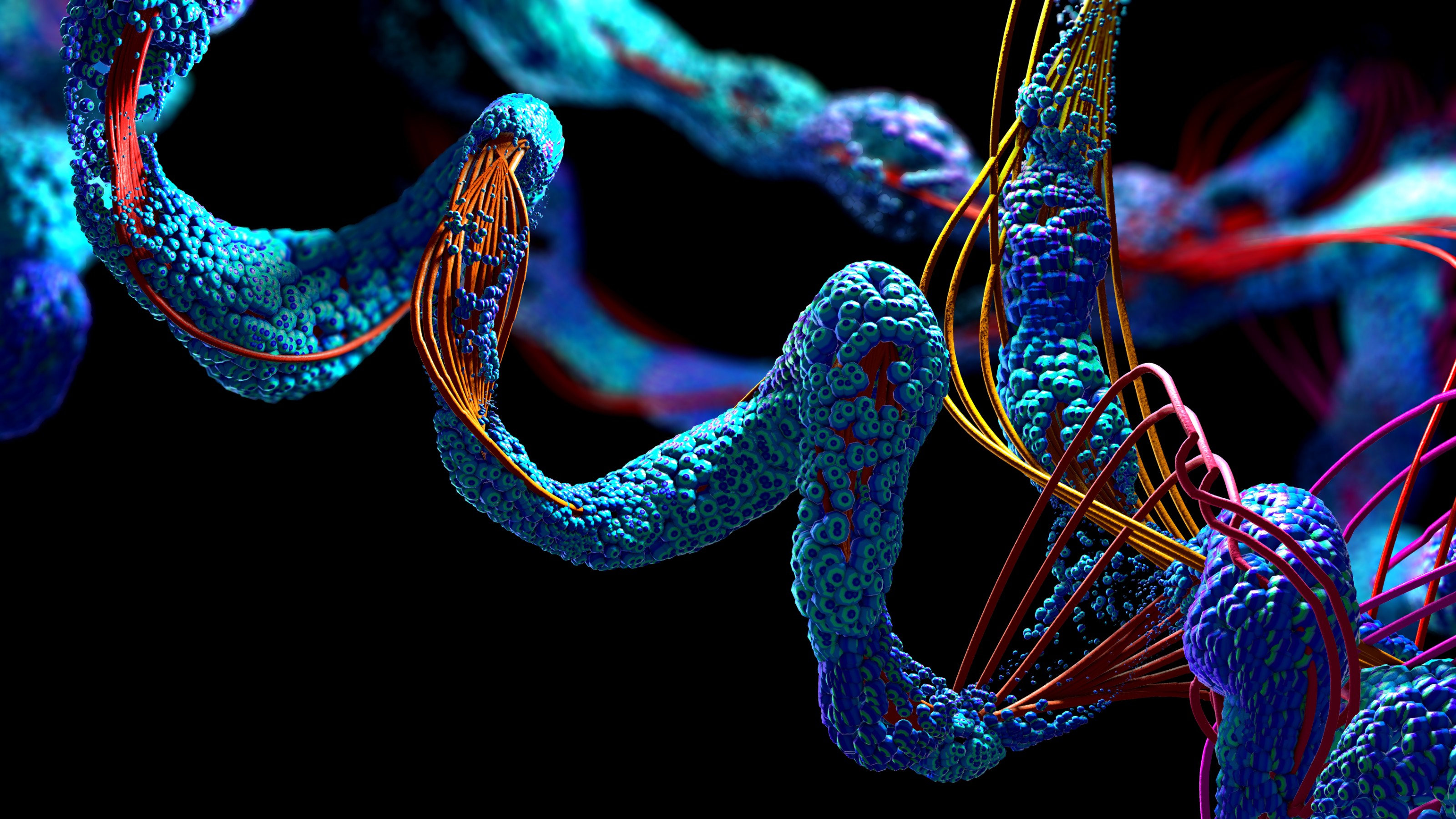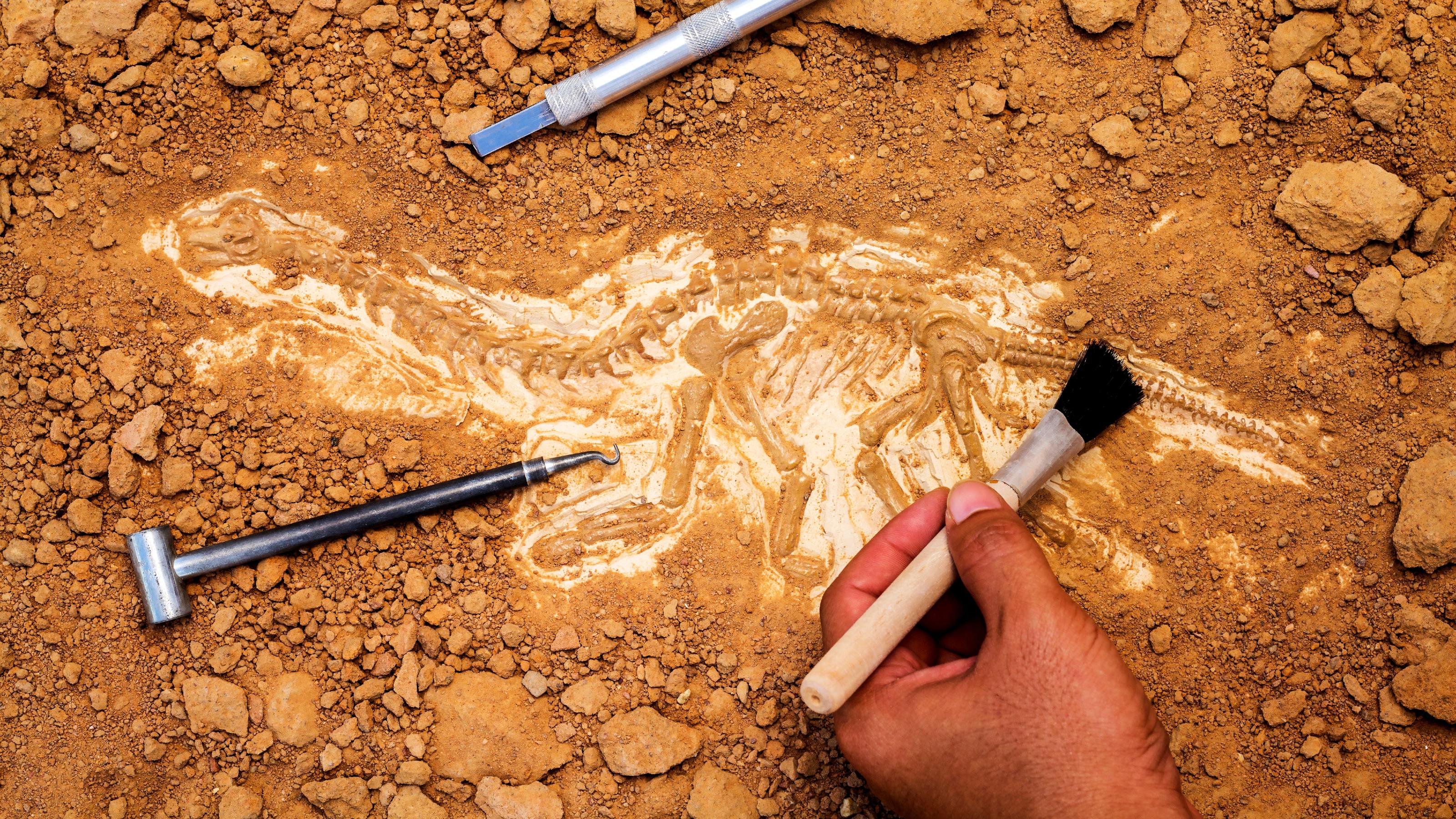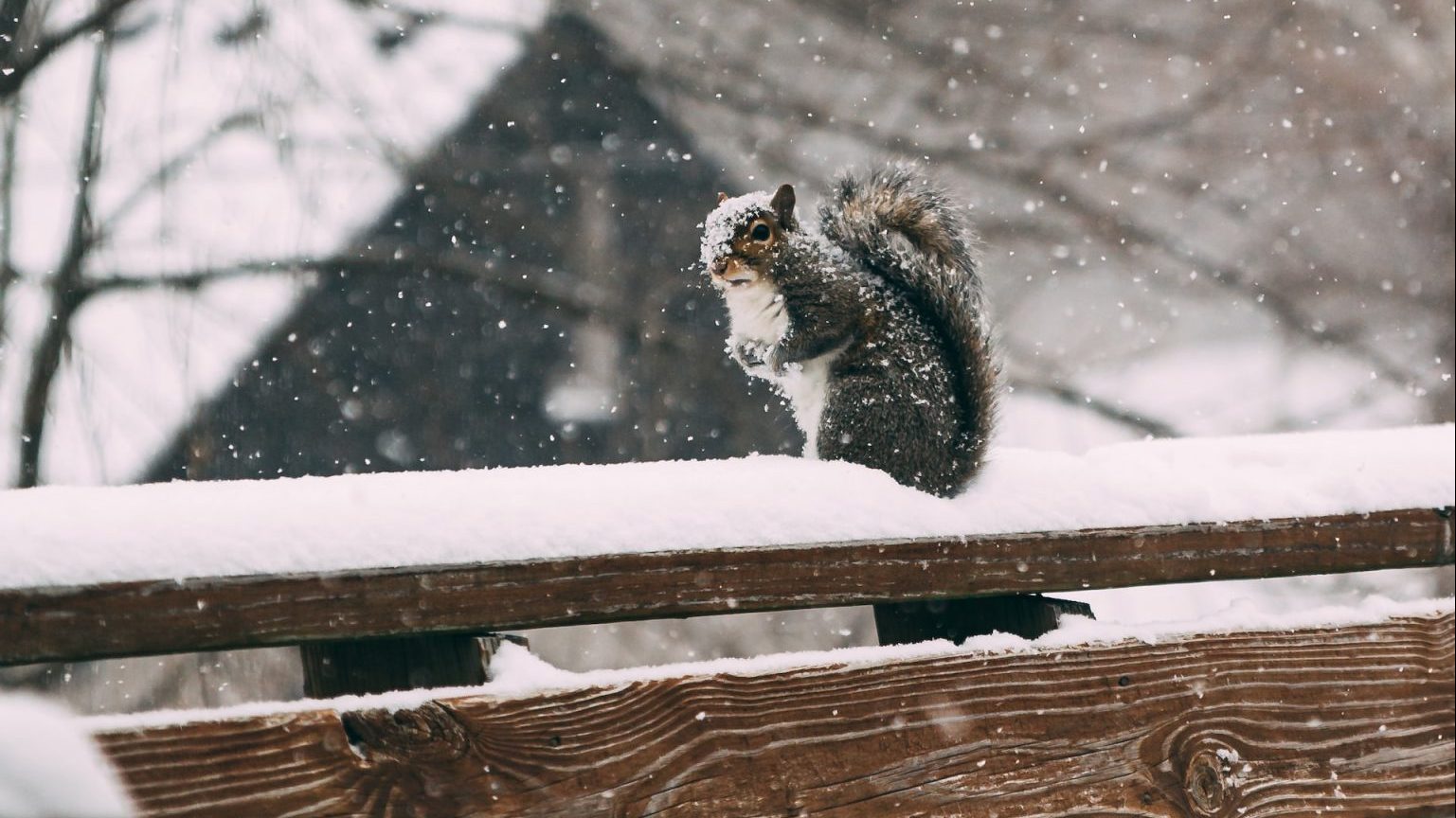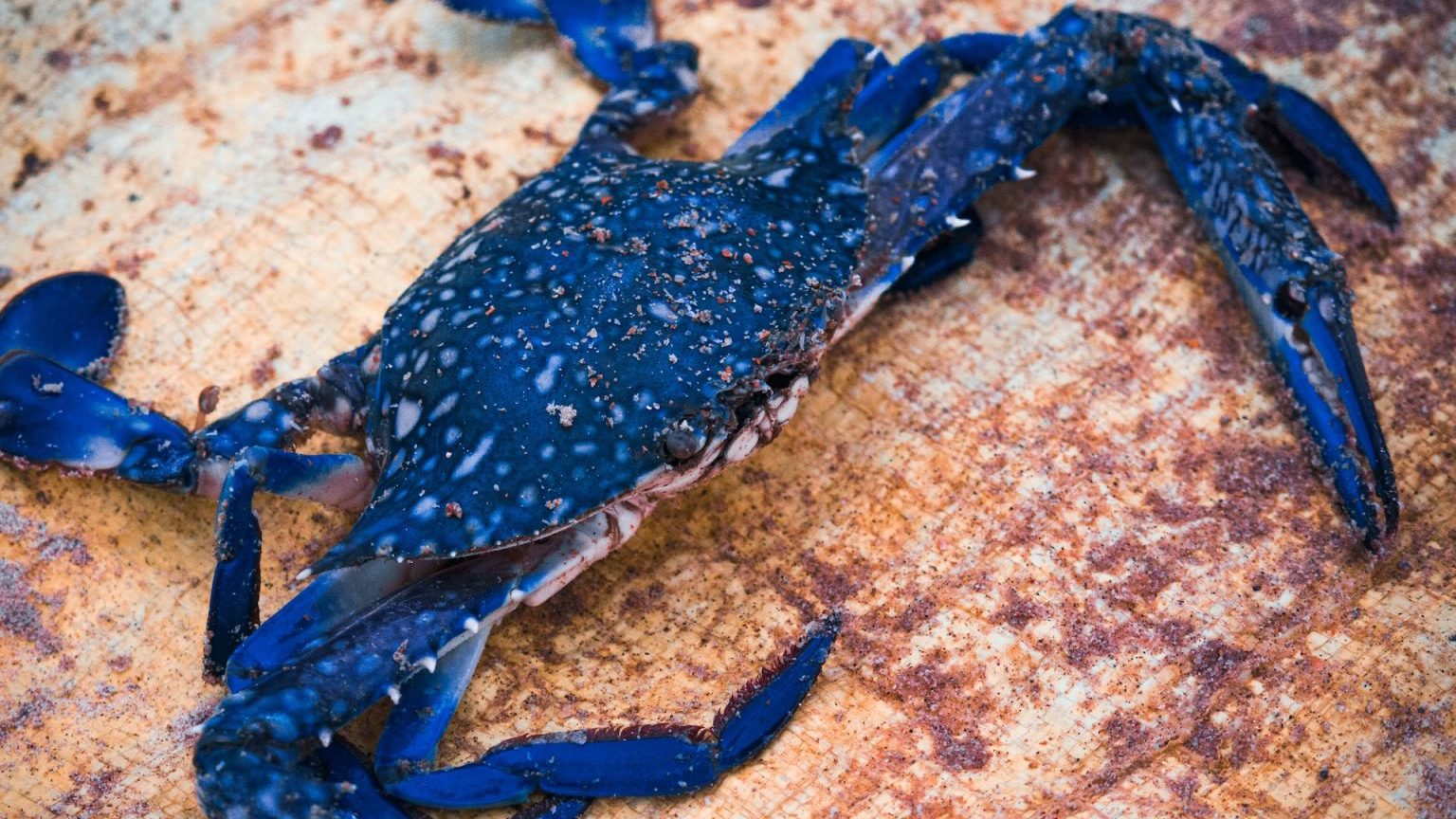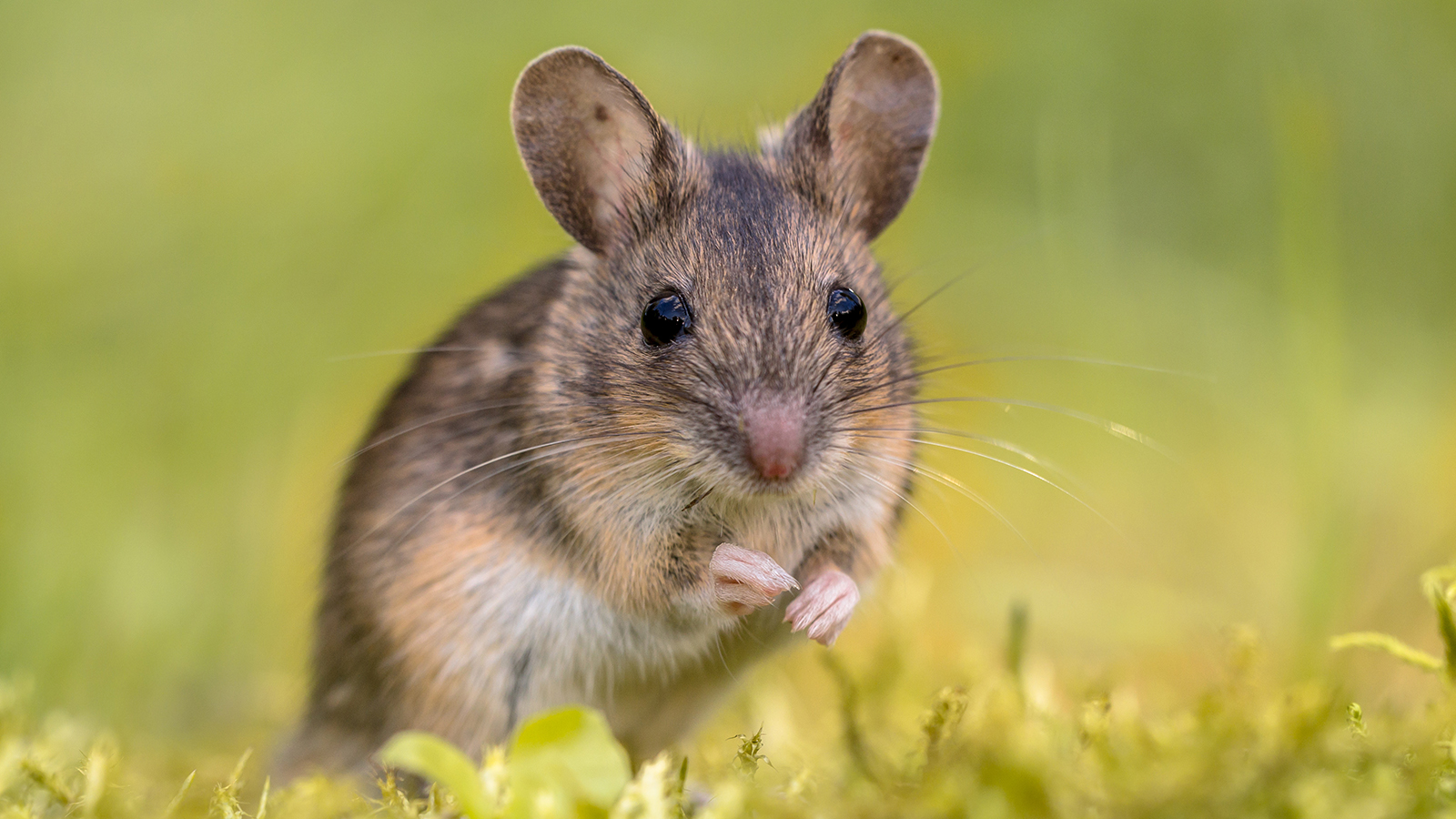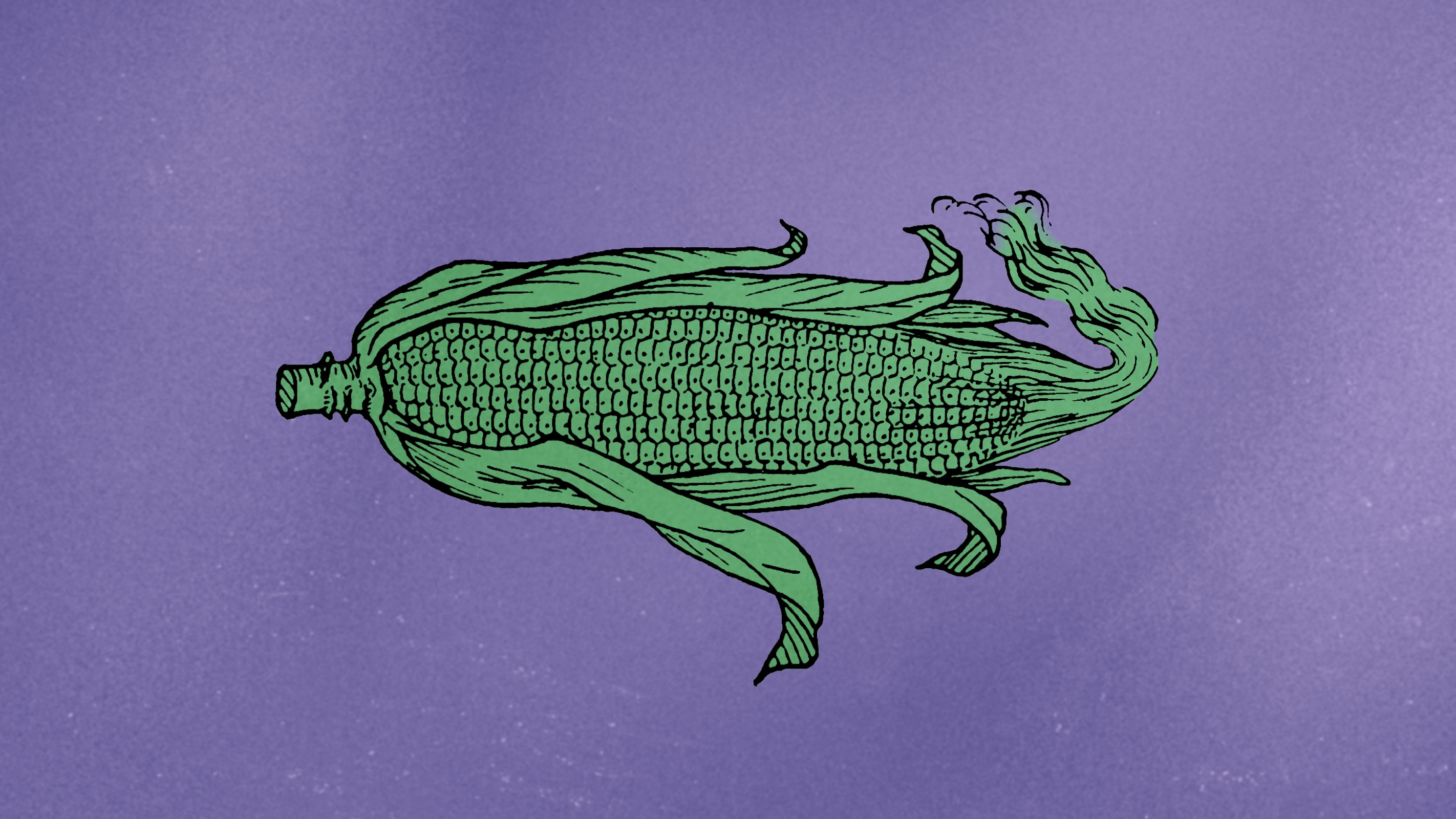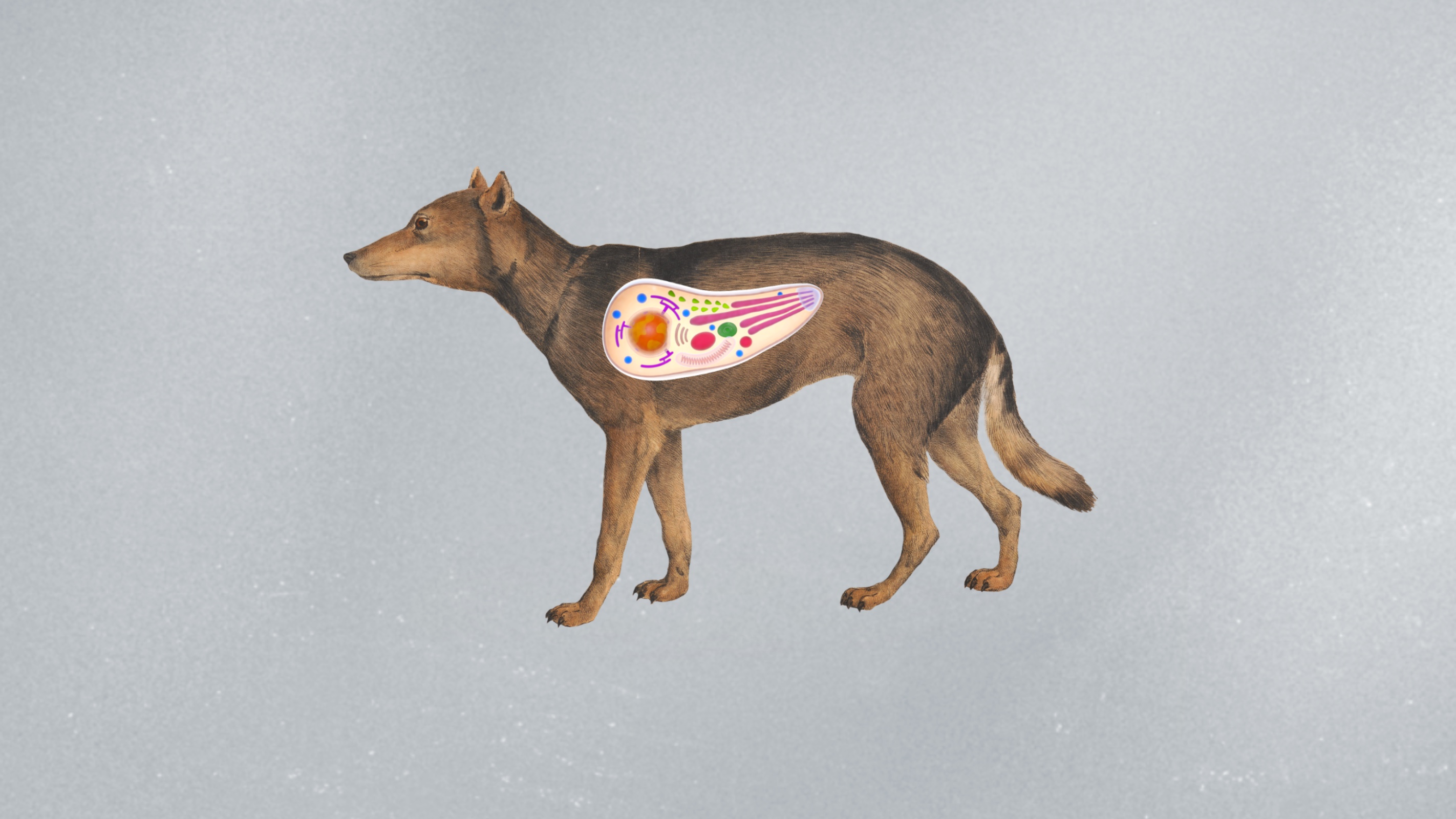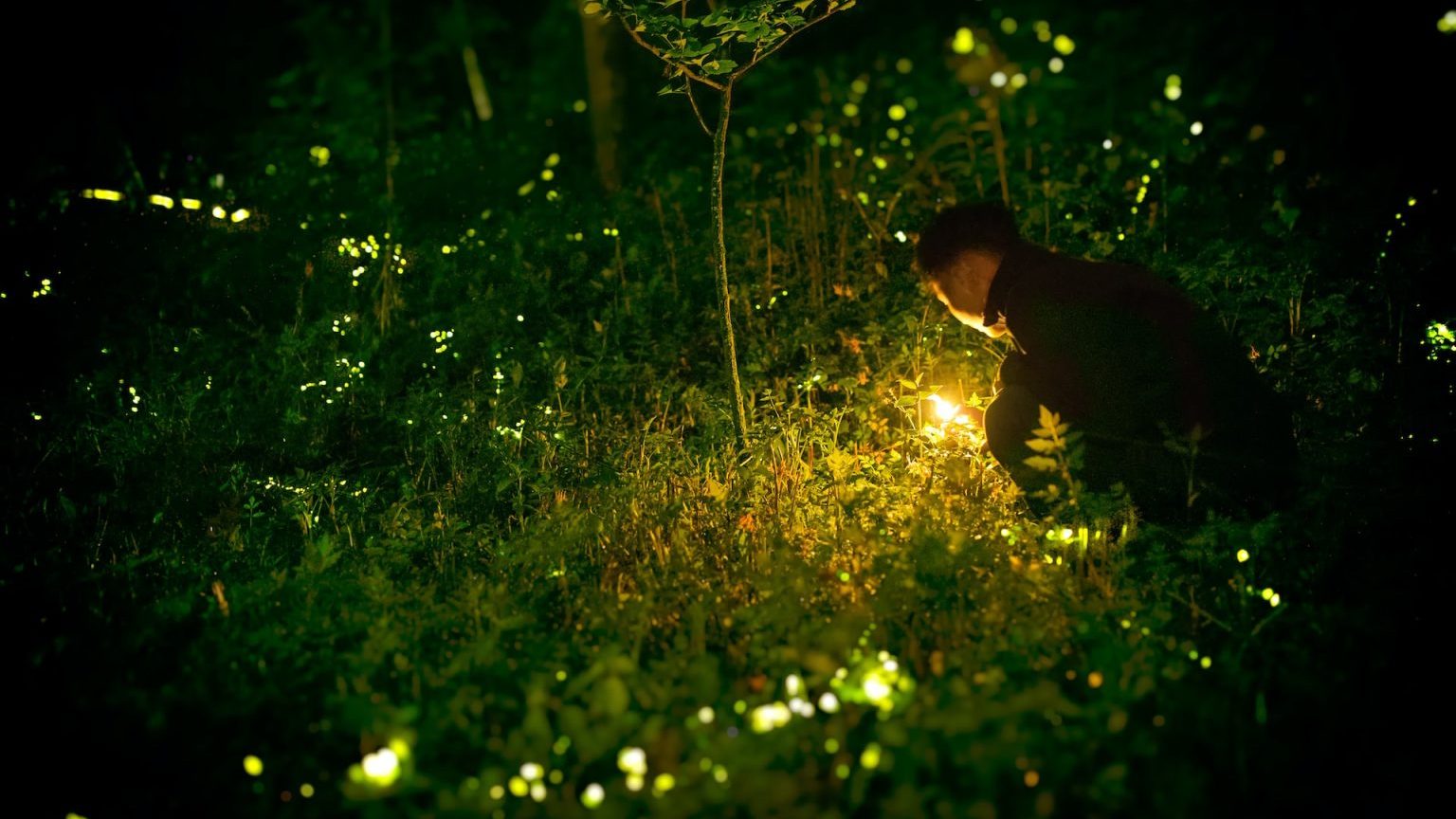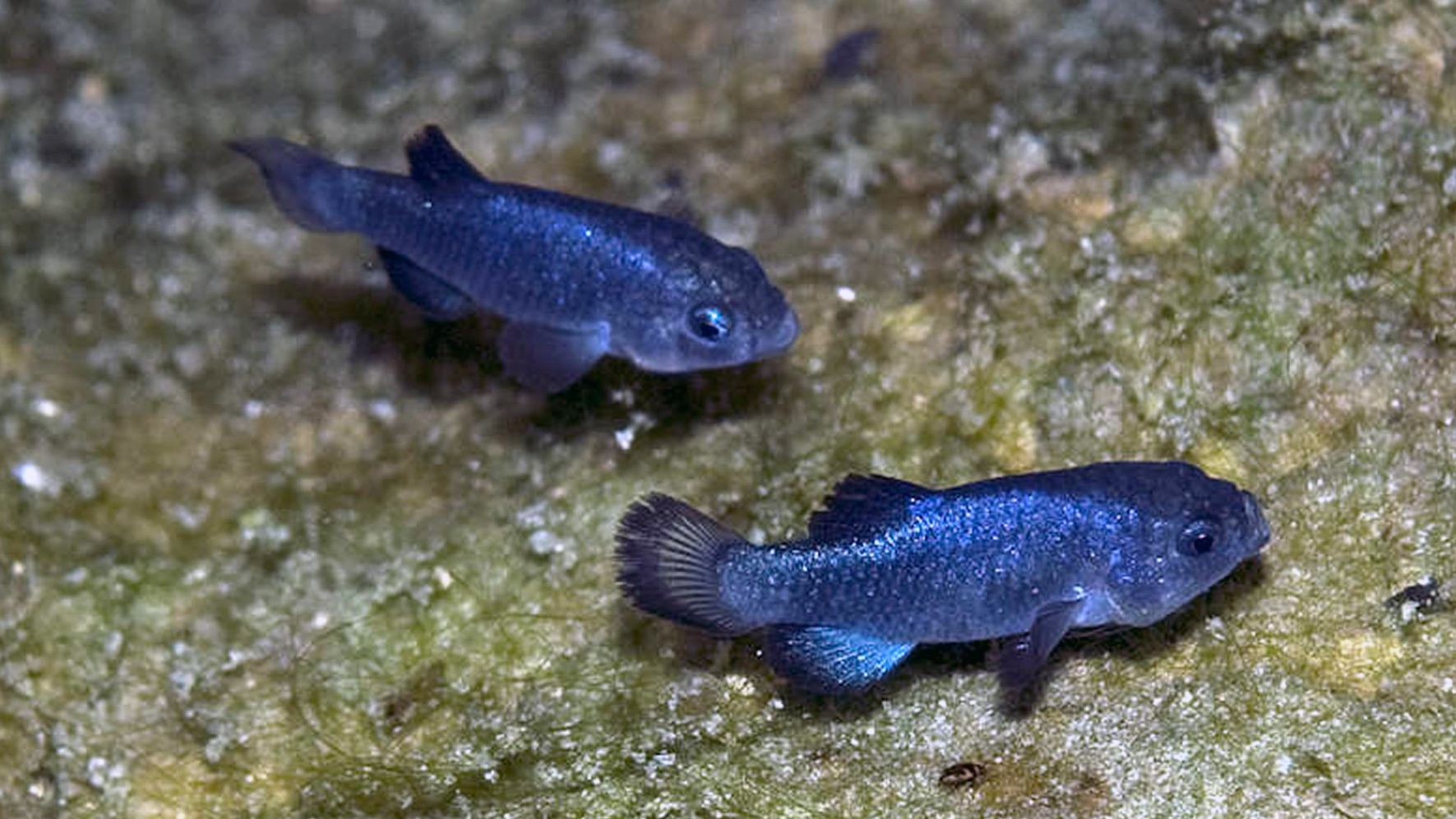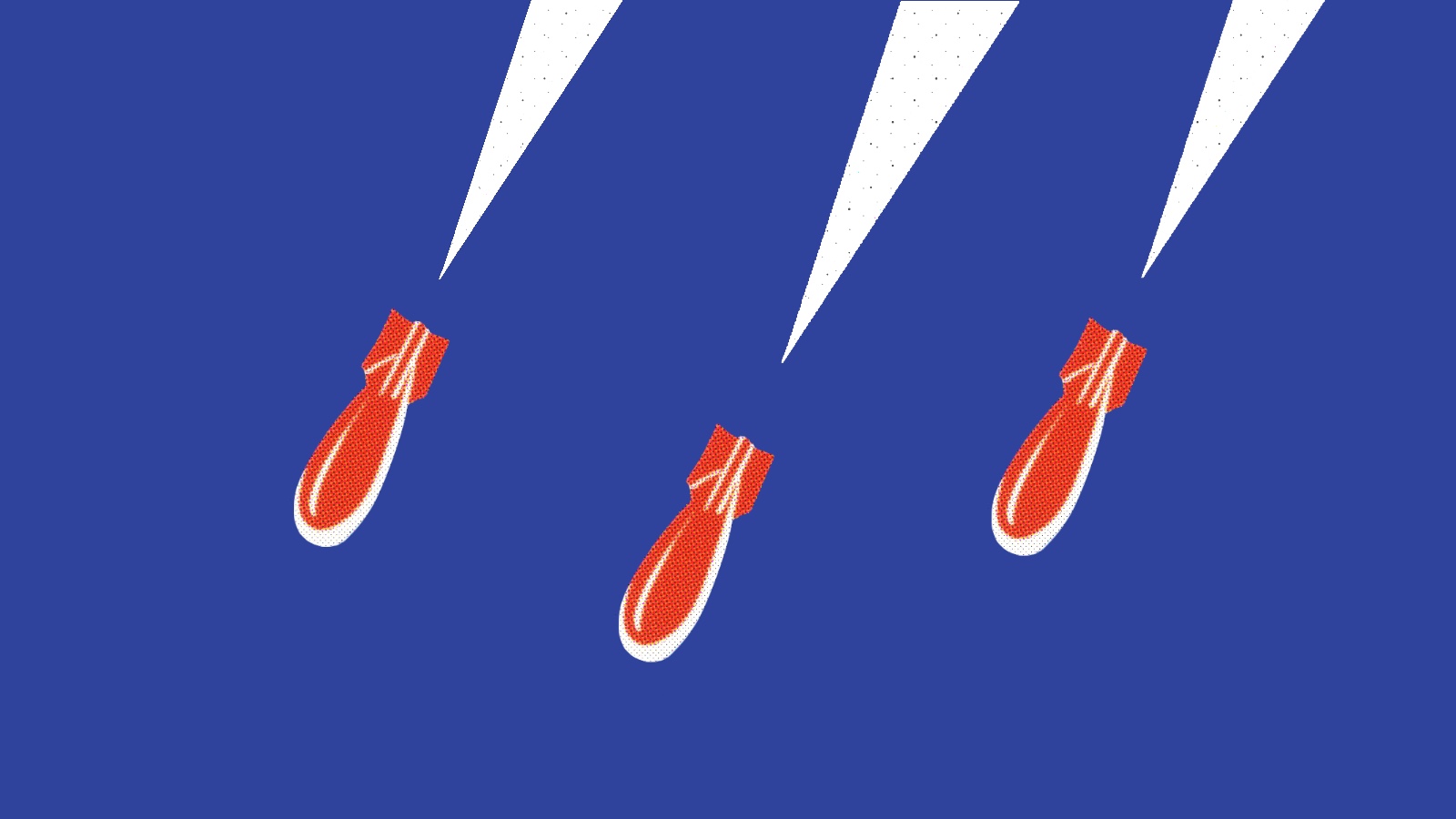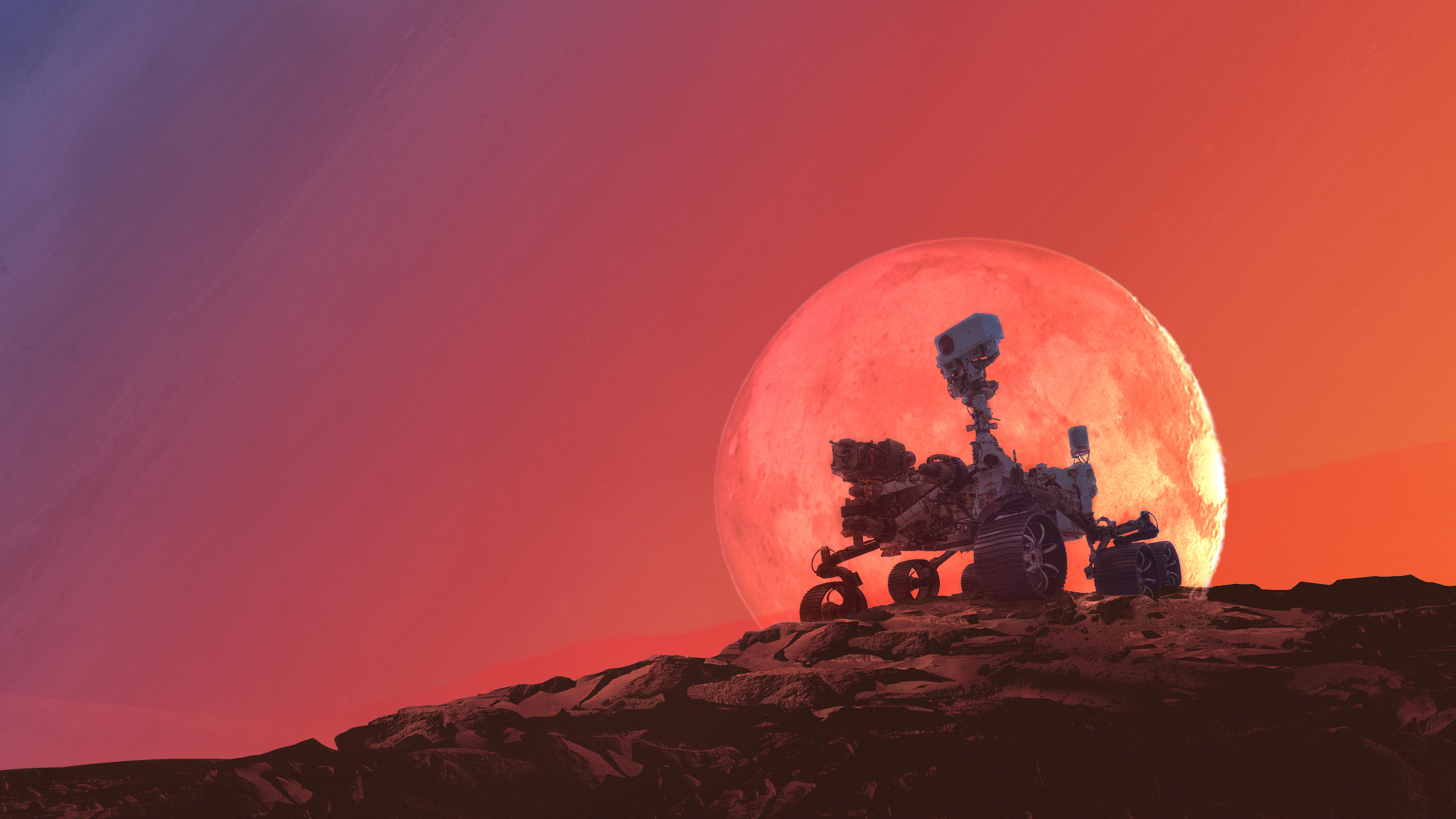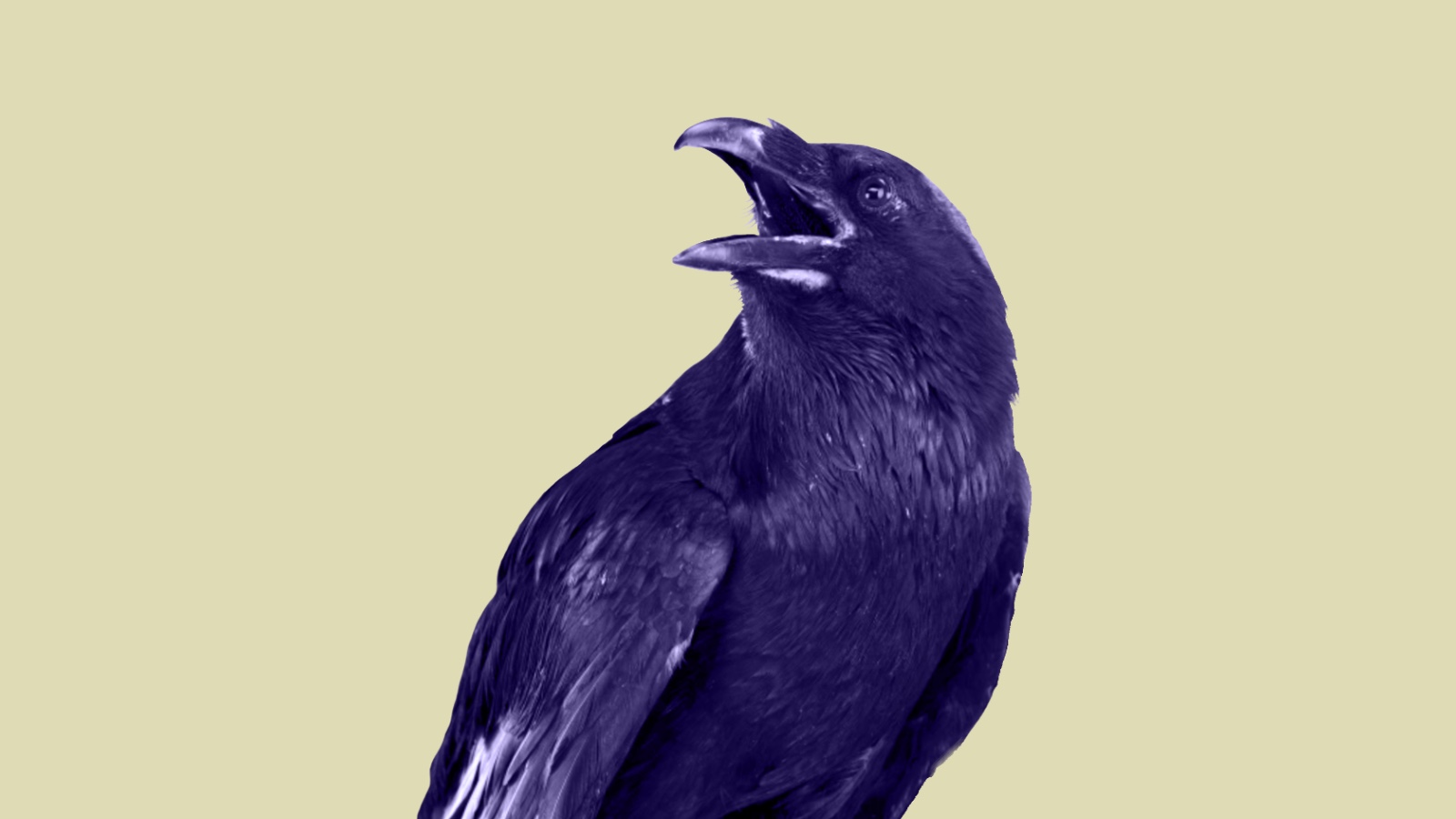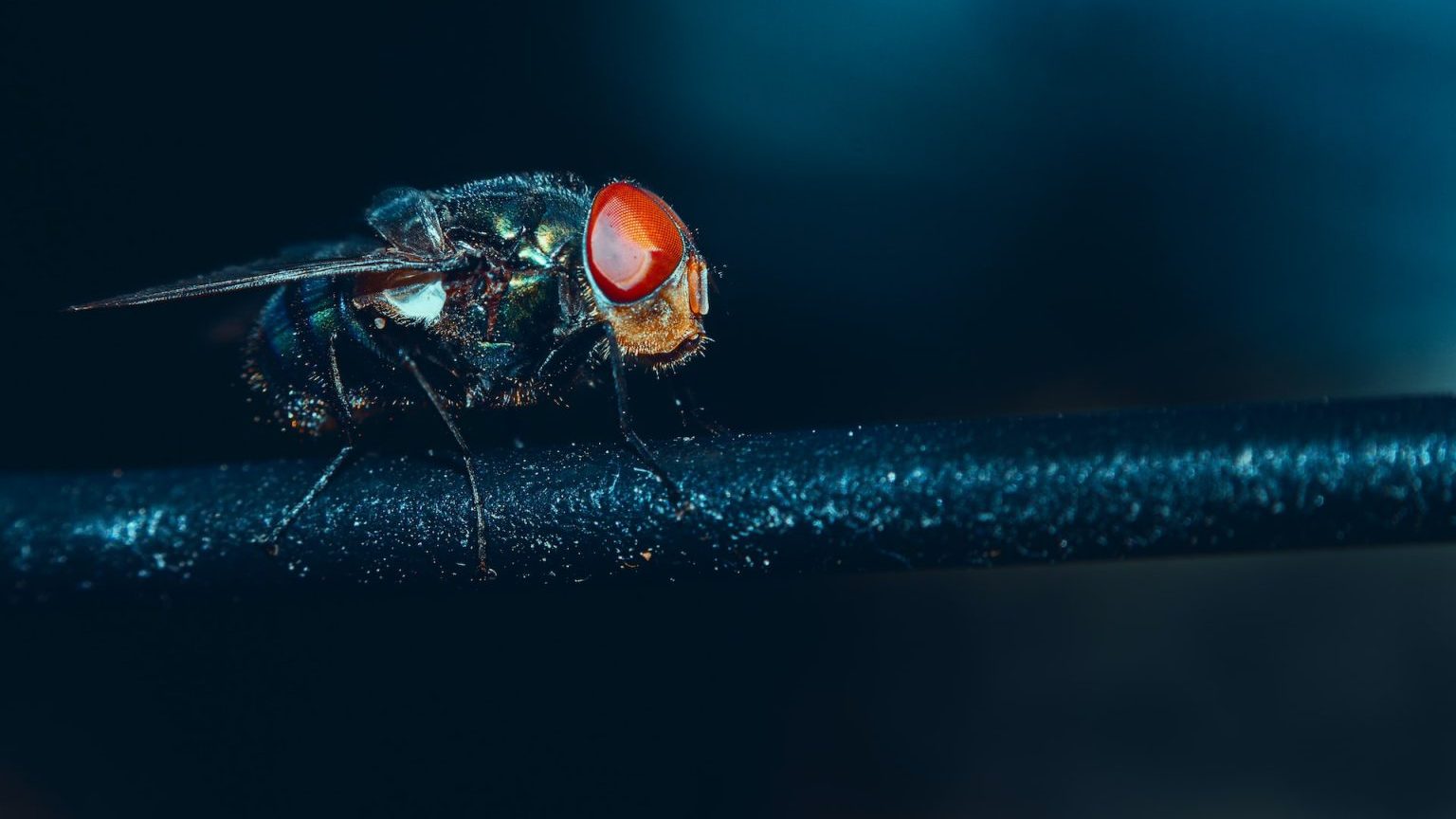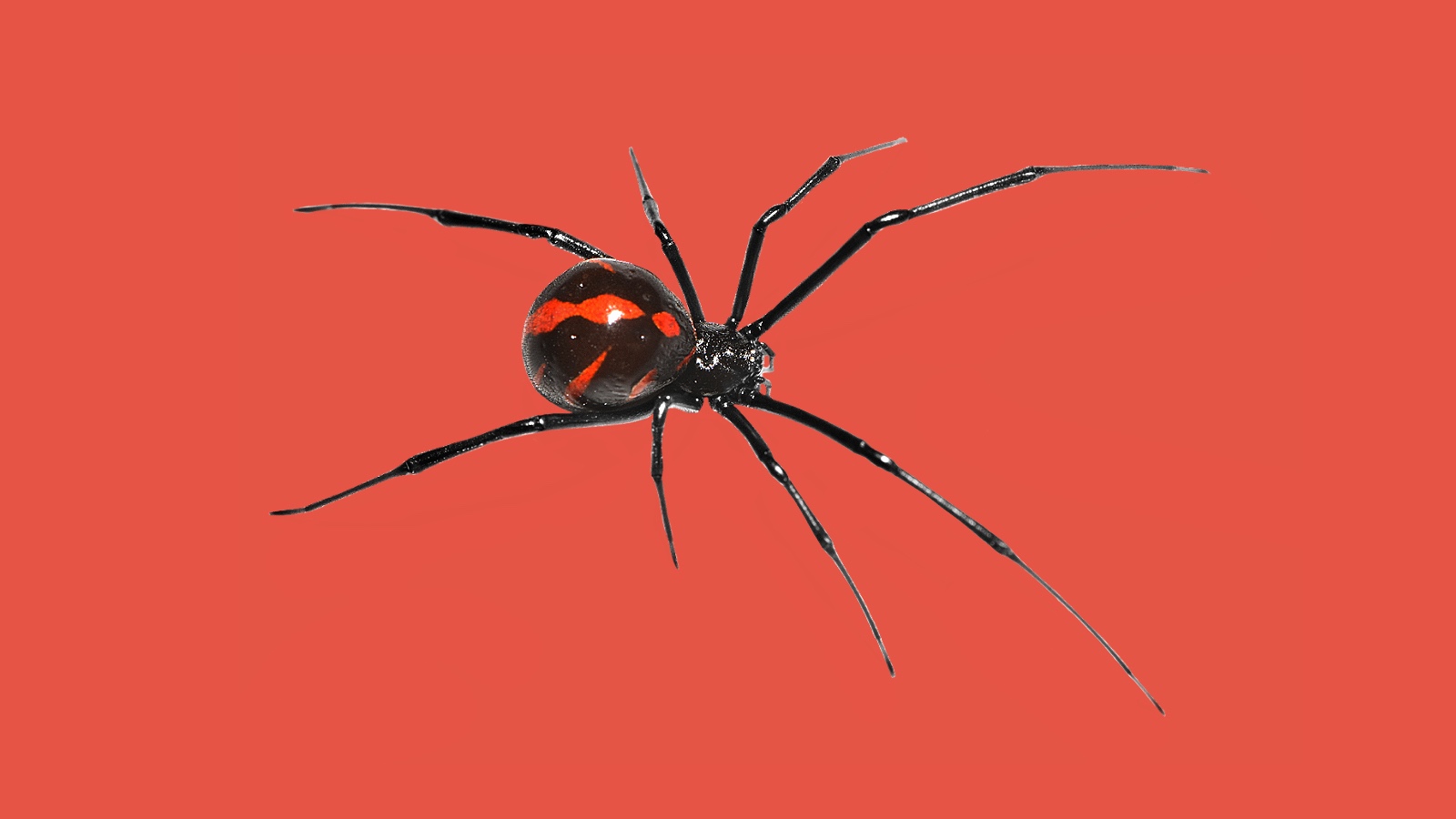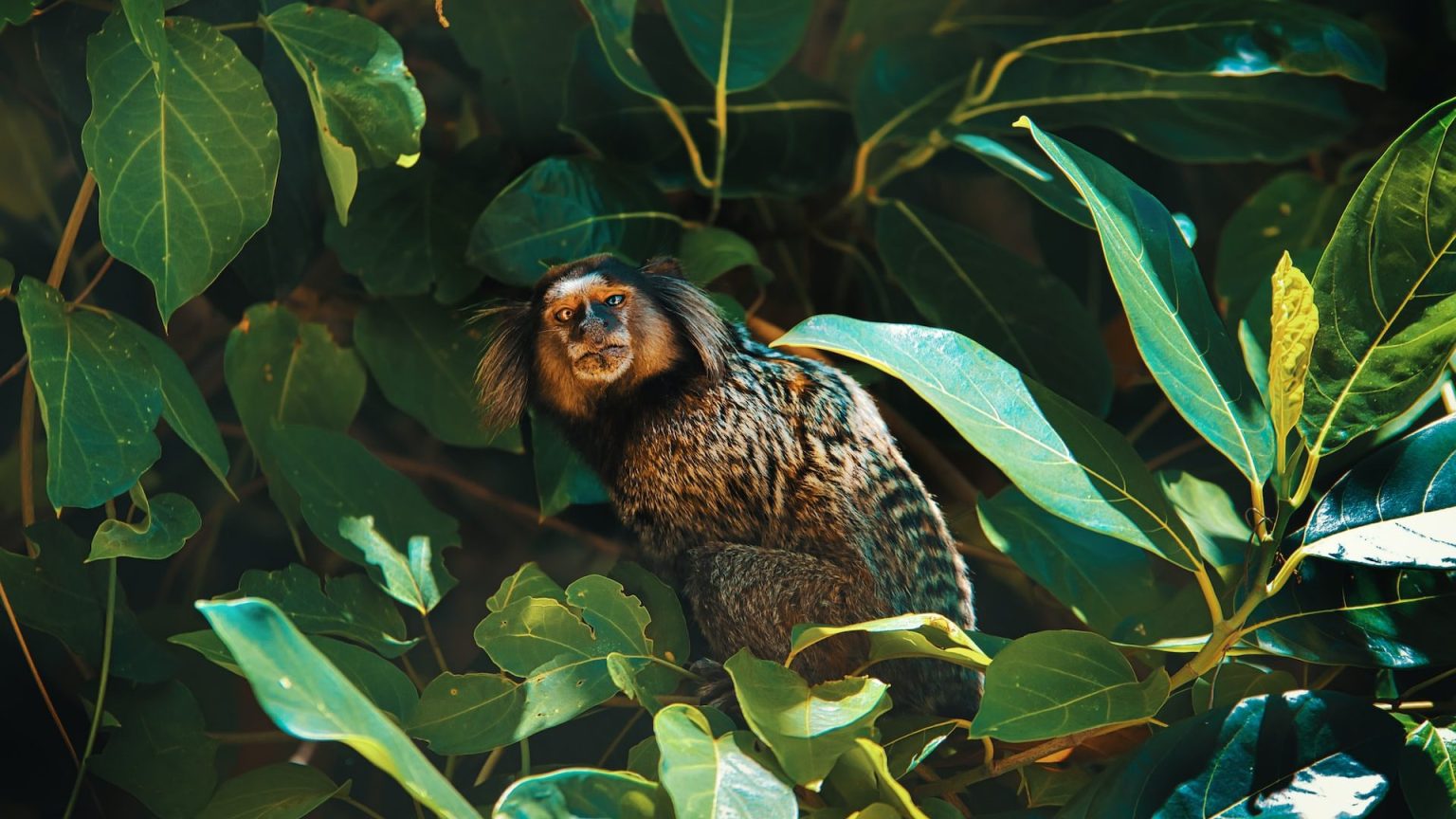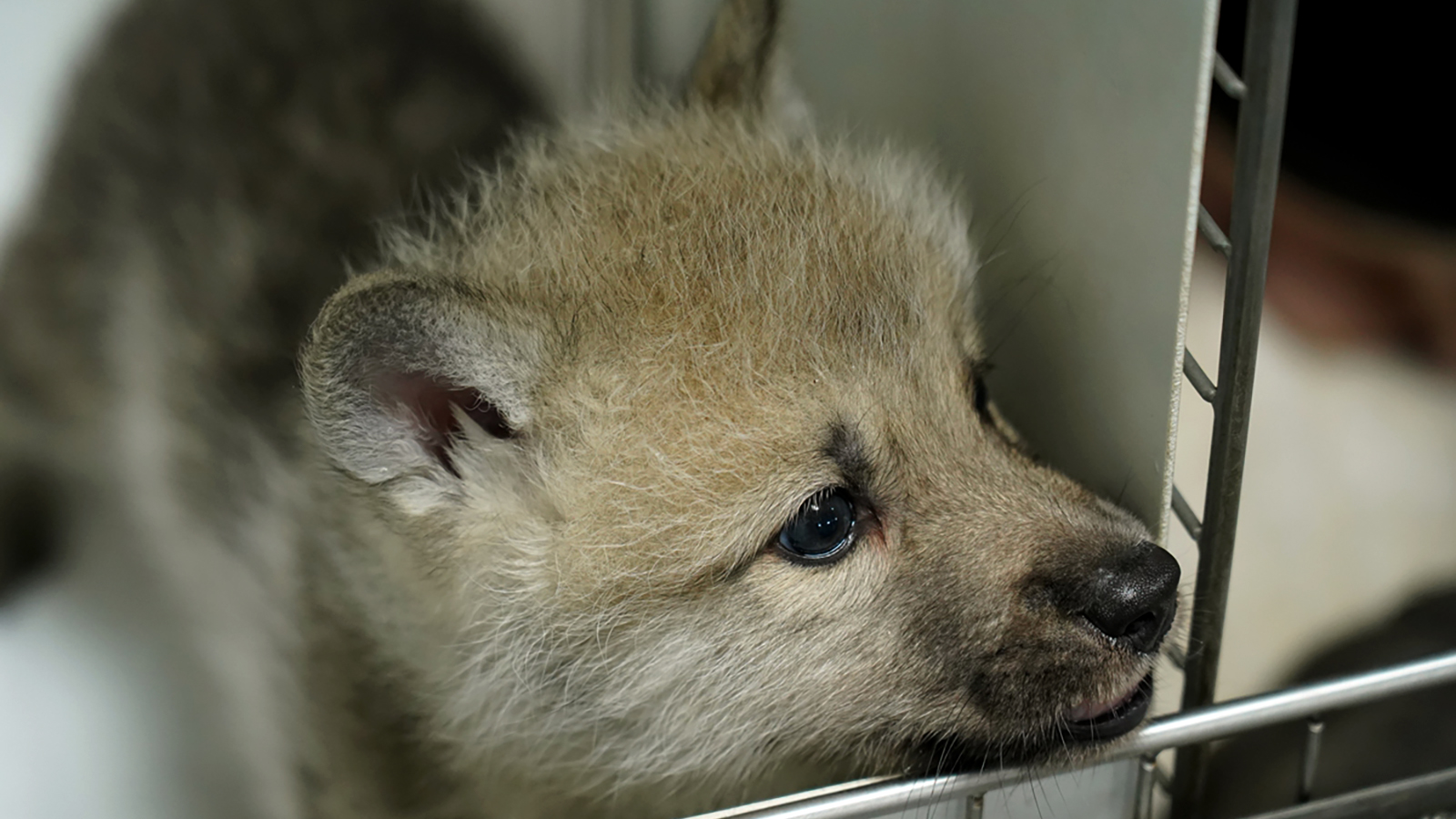Life
All Stories
A toxicologist explains the impacts of antidepressants on fish — and no, they’re not getting any happier.
Disease kills off 40% of farmed catfish. This gene protects them.
Each year, several trillion pounds of microscopic silicon-based skeletons fall down the water column to pile up into siliceous ooze.
Communication among cetaceans, like whales and dolphins, looks especially promising.
Don’t worry that your dog’s world is visually drab.
Carnivores, herbivores, omnivores — and now virivores.
In the early 20th century, a young biochemist named Alexander Oparin set out to connect “the world of the living” to “the world of the dead.”
If dogs are out in coats and boots, how are the squirrels feeling?
But they’re still lovable.
Passing chunks of ice can fertilize ocean waters and play a role in the planet’s carbon cycle.
Evolution repeatedly hit upon this solution simply because it works.
Merely 256 genetically engineered mice could make an island’s pest population go extinct.
It’s an agricultural moonshot: Scientists hope to increase plant yields by hacking photosynthesis, the process that powers life on Earth.
What astronaut Ron Garan saw in space changed his life forever – here’s what it taught him.
▸
8 min
—
with
Toxoplasmosis, which results from a chance encounter with a cougar and the parasite it carries, can push a wolf to seek alpha status.
A researcher explains a little-known niche within modern physics: animal collective behavior.
The dating pool is small — no pun intended.
We want to fight invasive species. But to wage a war, you have to know who your enemy is.
Overwintering is profoundly stressful for trees. So why do they bother?
Organic molecules can be produced by living or non-living systems. But the recent findings are very intriguing.
Inspired by the shape of a New Caledonian crow’s beak, researchers created a new 3D-printed prototype of tweezers.
Many suspicious deaths of both humans and pets have been solved with the help of insects.
Unfortunately, the Lunar Ark project is an idea more at home in science fiction than science fact.
Many animals engage in “zoopharmacognosy” or self-medication.
Forensic researchers call such places “limited access environments.”
This pup puts us one step closer to resurrecting extinct species.
